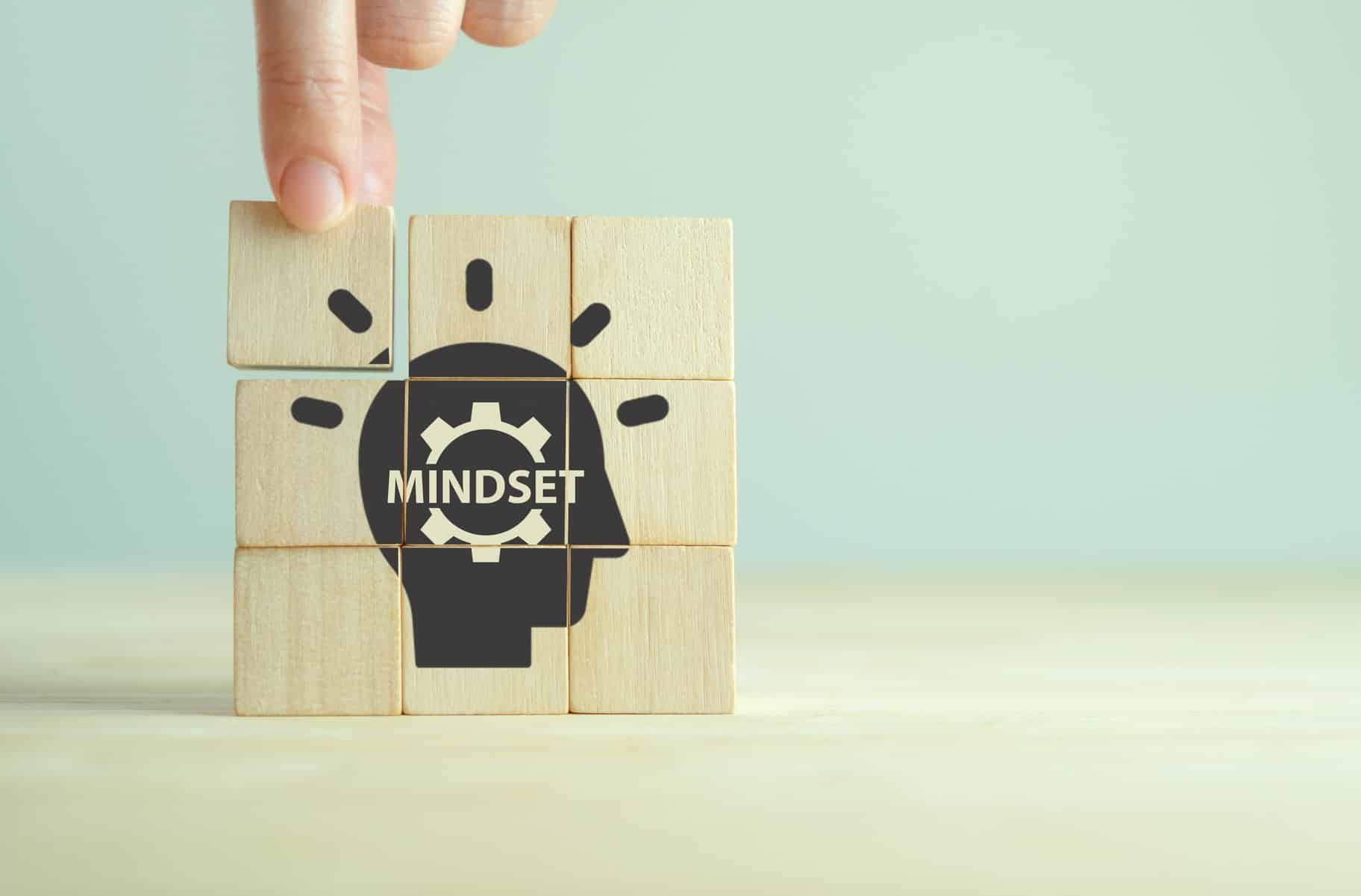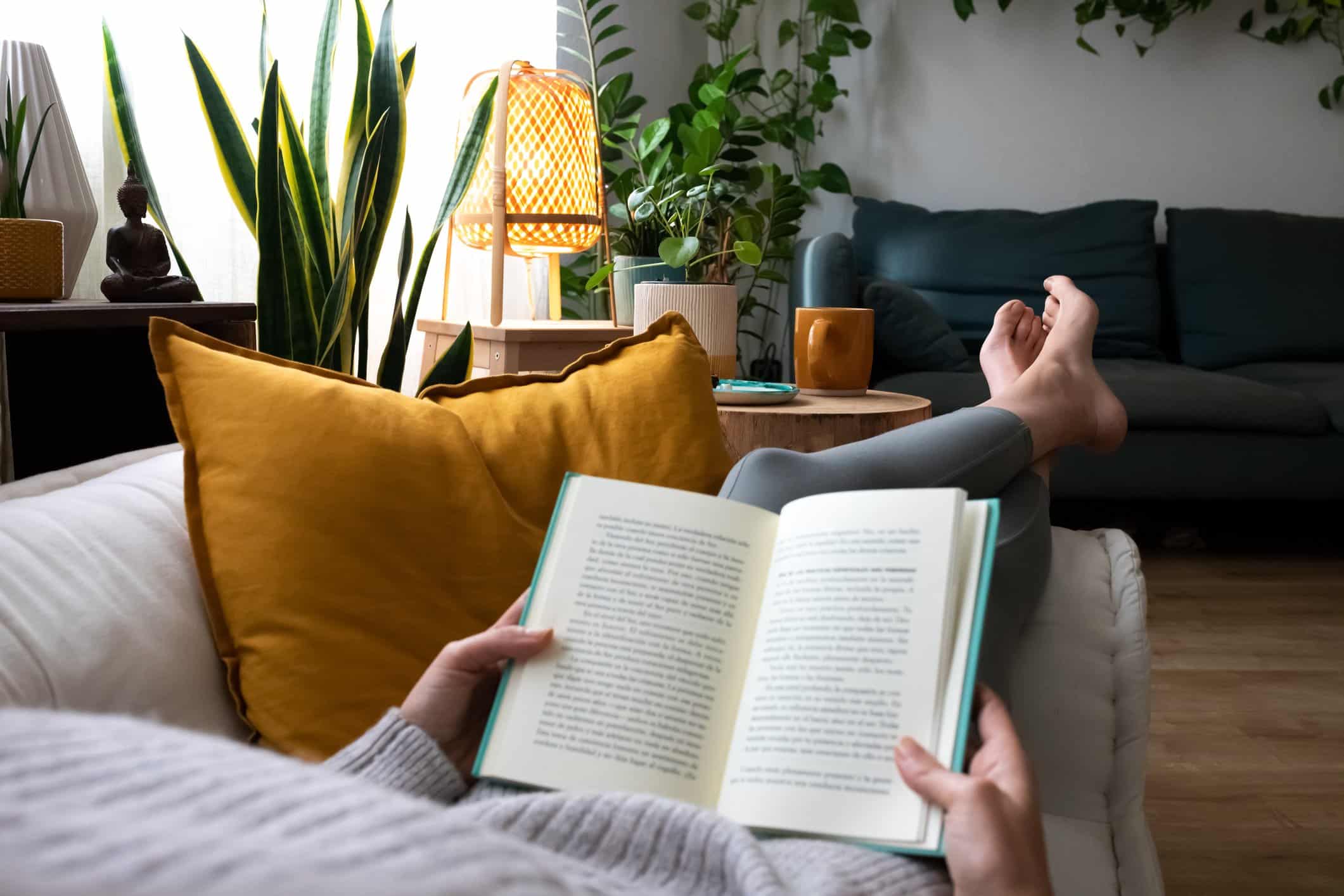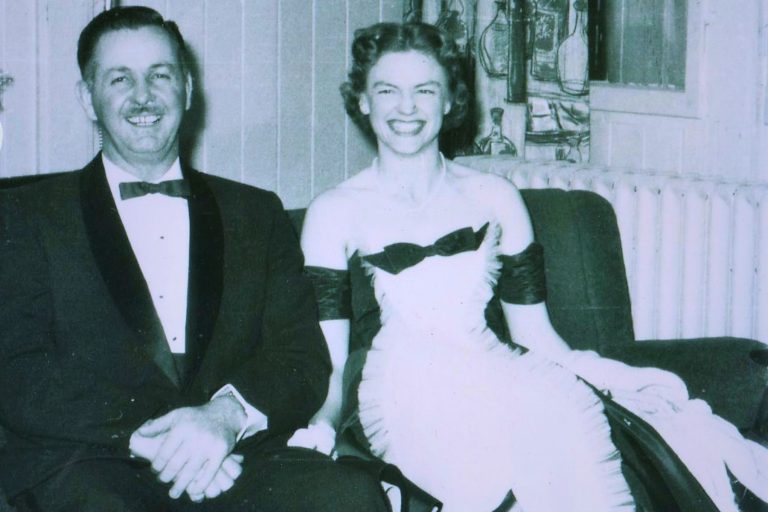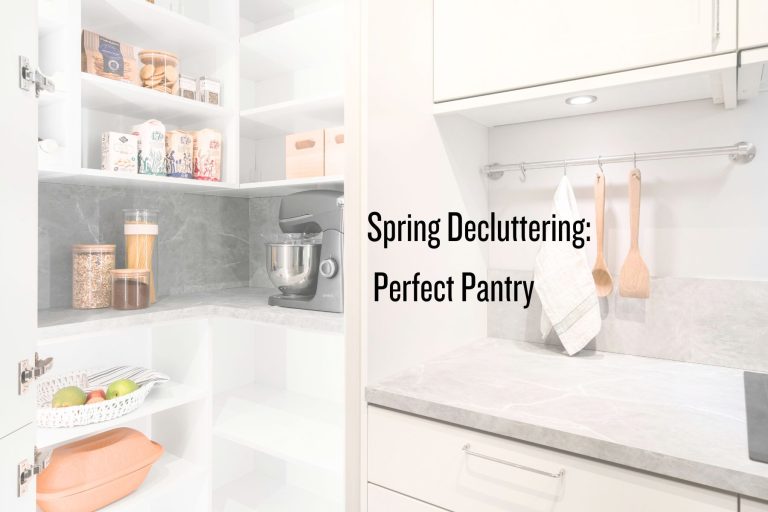Method For: Deciding What Matters
As an Amazon Associate and member of other affiliate programs, I earn from qualifying purchases.
When I launched Method Seattle my singular focus was on organizing homes to help people create spaces that contribute positively in their lives. Eighteen months later I believe more strongly than ever that making space for the things that matter in your home is a worthy investment whose impact is significant and lasting. The new nugget I’ve gleaned is the same guiding principles I use to help people streamline their homes can be applied to equal effect in their daily lives. In other words, there is a way to declutter your life and make room for what matters to you. It was an exciting revelation because I know my clients, like millions of others out there in the world, struggle with how to fit everything they want or need to do into their schedule. Here is a way to fix that problem by breaking it down to its components, re-prioritizing and building it back up.
On the blog this month I’m focusing on the anchors of the process; there are 3 in total. The first step is Decide What Matters. What matters to you? I’m not looking for the easy answers like your family or your career. I mean what matters to you as an individual human? Sometimes what matters is something that is obvious but hard to do, like eating healthy or working out. Sometimes it isn’t obvious and requires a bit of digging. In all cases what matters to you in terms of your time should be something that is good for your mental and physical health, because those things make you stronger and more effective for the easy answer parts of your life like work and family – the things that take up the biggest chunks of your 24 hour day. When you find some things that matter to you and prioritize them you will find yourself enjoying work and family life more, because your mindset has shifted and your schedule is more balanced. I think the term Self Care is over-used, but I guess that is a good way to describe what I’m talking about.
I’m covering a few examples of potential self-care priorities you could make in your life. We’ll cover how to fit them in later, right now let’s imagine your life including some of the following things that are focused on you.
A healthy Diet
When you spend a good portion of your day in the car and finally return home, often the last thing you want to do is cook dinner – it’s so much easier to pick up takeout or Door Dash. Fatigue is real but so is the science around whole foods and how much better it is for your body to prepare your own meals. Maybe you like to cook but don’t have time. Maybe you have zero interest in cooking but want to feel better and live longer. Maybe you want to model good eating habits for your kids. No matter your motivation fitting cooking into a busy schedule is ’says easy, does hard.’
But it may be worth the effort to make an improved diet a priority in your life. Healthy eating is linked to all sorts of health benefits, including heart-disease prevention, better sleep habits and longevity. I’m not prescribing any particular program here, just hailing the concept of preparing your own meals from whole ingredients. There are ways to fit this into your week if it’s a priority for you.
A Fitness Routine
Fitness is another priority that is sometimes hard to fit into a busy schedule. Fatigue often hijacks intent and makes it really hard to form habits around exercise. But exercise, like a healthy diet has so many benefits that it should be high on your priority list if you don’t already have a routine. Besides the positive impact on your physical health (see healthy diet list above), exercising is fantastic for your mental health as well. It alleviates stress, activates the flow of ideas and thought clarity and leaves you with a mental-high that carries you throughout the rest of your day or evening. Even small bits of exercise can make a difference, leaving you with more energy to get to the have-to’s on your list. It’s a worthy priority to focus on and there are a myriad of forms it can take to help it fit into your lifestyle.
FRIEND FOCUS
Friends are so important to our mental health but who has time to nurture relationships when your life orbits around your kids and your job? Friendships don’t deepen and grow unless we invest time and effort and yet we often take them for granted as we run through life on the hamster wheel. I know a fair number of people who looked up once their kids had gone off to college and realized they didn’t have people they felt close to in their lives to spend all of this newfound time with. Time with friends should be a priority for you, both for its real-time benefits of intimacy and empathy as well as a foundation for your life after kids.
I’m pictured here with three of my favorite local friends. Two of us had careers outside the home and two didn’t. We met when our kids were small and have prioritized our time together through the years as we watched them grow. I’m so grateful for these humans who have been a sounding board, a support network and an emergency contact list throughout my adult life. Their friendship is worth the little sacrifices I made along the way to ensure we put the time in together. Your friends are good for you and should be on your self care priority list!
Free Time
Free time is kind of a funny concept, I guess it’s a block of time that hasn’t been assigned to a single activity? I used to laugh when asked the question ‘what do you do in your free time?’ because I didn’t have any! I’m using the term here to refer to any pursuit you would go for if someone gave you an extra hour and no agenda. Free time could be spent reading, watching TV, taking a nap, knitting or simply sitting quietly doing nothing. The ironic things about free time is that once we decide to do something with it it’s no longer free, right?
I used to yearn for time alone in my house. Since I was away from the house during my work day and when I returned home in the evening it was full of my noisy family it felt heavenly to just have a block of time where I could be in my home all alone and do whatever I wanted. It happened rarely, occasionally by chance but more often because I made it happen with some intentional engineering. I used my free-plus-alone time to read the pile of magazines I never had time for, have a dance party in my kitchen or sit out on our deck in the sun texting friends I hadn’t talked to in awhile. In Kindergarten we would have called it ‘choice time.’ and boy did I love it when I got it.
Making some of your time ‘free’ is a small thing but it can really pay big dividends for you and is worth consideration when thinking about what matters to you.
Your priorities could be any of these or none of them, you could have something completely different in mind (Time outdoors? Continuing Education? Sleep?) Your priorities should be personal to you and reflect what you value. Next week I’ll review how to look for opportunities to Declutter Your Calendar, which is the second step in the process of organizing your life. Come with your newfound priorities in hand!












Method Seattle Comment Policy
We welcome relevant and respectful comments. Off-topic comments may be removed.